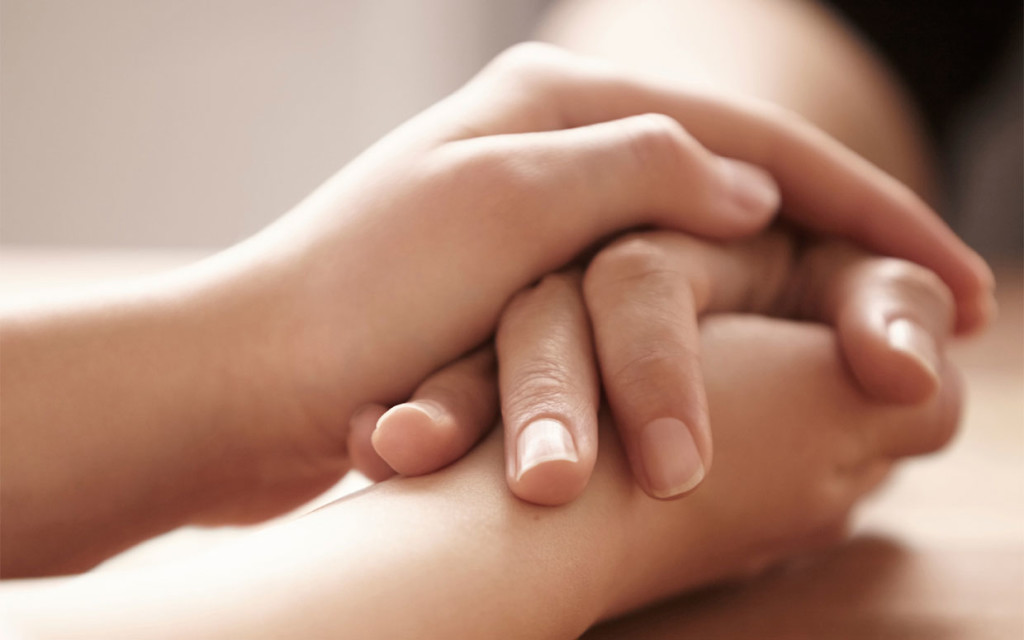
When I got my first panic attack, I wasn’t sure what it was exactly. I just got chewed out by my boss during my internship, and attributed how I felt to my extremely shy personality being shaken by the encounter. I related the anxiety to what I experienced when I had to speak publicly in secondary school – the shortness of breath, panic rising through my body, and cold sweats.
The initial symptoms of fear spiraled down to hyperventilation, the inability to calm myself, and alarms going off in my head like everything was ending. As time went on, I felt as if I was having a panic attack for days on end. It made me over analyse everything and everyone, all in regards to my self-worth. Things got worse when I entered University.
The social environment I faced in an arts school proved toxic for me. That, the general stress of higher education, and family dysfunctions present since childhood suffocated me.
I would often miss classes, wake up into a panic attack and find it impossible to get out of bed. If I did get out of bed, I would collapse onto the ground and stay down. I didn’t feel like I could tell anyone; even I didn’t truly understand what I was going through myself.
I started to feel useless and leaned into the narrative. I began to avoid everyone and barely made it through school. I overate, rarely slept, and carried my growing fear to graduation. I was barely in contact with any friends and family and had lost myself.
A few friends I had remained in contact with had encouraged me to go for counselling while I was still schooling. It was a suggestion I had initially rejected because I couldn’t envision myself asking my parents for permission to. In my mind, asking them for something, and even more so, admitting that I needed help, was proof of my perceived incapability – a thought I (pridefully) fought against by proving I was mature and independent in the ways I related to them. But when the anxiety hit a crippling point, I knew I had to seek their consent.

It took me a year and a half of constant begging, and a huge breakdown on my very first day of work before my parents agreed for me to see a counsellor. I had assumed their reluctance was due to their fear of public opinion and the social stigma that revolved around going for therapy. To a degree, it was, but ultimately it was the fear of facing the truth that they had hurt me and being in denial that I was hurt, that made them refuse.
For a year, my counsellor guided me to process my past trauma and figure out ways I could best retain my mental health considering my environment.
My counsellor taught me to help my inner child to grieve, and the necessity of it, so I can heal from my past traumas and wounds.
I discovered a part of myself that had never grieved all the traumas I had experienced as a child. It was hard but in the safety of my relationship with my counsellor, I began to allow myself to grieve and also learn how to help my inner child to grieve so those childhood wounds in my heart can finally heal. Through the process of grieving, I discovered my inner strength and capabilities, and it also opened my eyes to see new perspectives of the past and the present I never saw before.
The hardest part was cutting myself loose from unhealthy thoughts and attachments. I had to rewire and build myself from the bottom up all over again, this time in a way that was for my good. There were moments of relapse and times when it was hard to practice the lessons I had learnt. It made me feel like I was taking one step forward, two steps back.
Mindfulness, meditation & caring for my inner child continues to be a part of life now for maintaining mental and emotional wellbeing. As I tried my best to fully commit to the process, I discovered a lot about myself. My counsellor gave me recommendations based on the strengths she saw in me, like asking me to journal more and encouraged me to pursue my passion of writing.She also helped me come up with a practical career plan based on my aspirations and mental health condition. Even after I stopped seeing her for counselling, she had inspired me enough to continue healing and growing by myself.
I have since reconnected with old friends and bettered my relationship with my family. My friends were supportive and learned from my experiences to become more vocal about their mental health as well. My family was harder to get through to, but there have been changes and I am balanced enough to be able to withstand the highs and lows.

Without my counsellor’s help, I dread to think about where I might be now. I am eternally thankful for the help I received and hope she, and other counsellors out there, know that they have changed many lives for the better.
My biggest fear was going back to the workforce. As I experienced a lot of stress that had worsened my mental state in the industry I was in, I felt I had to move on. Normalising mental health issues and wanting to encourage mental wellness has become something I am very passionate about and am making a career out of.
Read inspiring stories from courageous individuals in Singapore about how they've overcome challenges and experienced healing in their lives.
Read More
ThriveSg provides counselling and therapy that helps dive into the root cause of your issues instead of simply providing overused behavioural therapy (CBT) techniques that put a bandage on your wounds. The program helps heal and allows one to understand one's issues truly. I have tried different counsellors and institutions but none helped me solve or truly understood me until I met (my counsellor). I am lucky and thankful to have gone through this journey with her and ThriveSg. I have grown exponentially as a person, ...
Anonymous
Click Here to Read More
ThriveSg serves young people (17-35) from all walks of life and of different faiths. We believe that everyone has the capacity to thrive significantly when empowered and supported through growing in self-discovery, emotional wellness and resilience, and mental health.
ThriveSg champions a help-seeking culture through advocating a growth perspective towards counselling, to overcome the stigma of mental illnesses and emotional challenges.
Follow ThriveSg on Instagram HERE or click on the button below to find out more.
Find Out More
©1972-2025 Cru Singapore. All Rights Reserved.